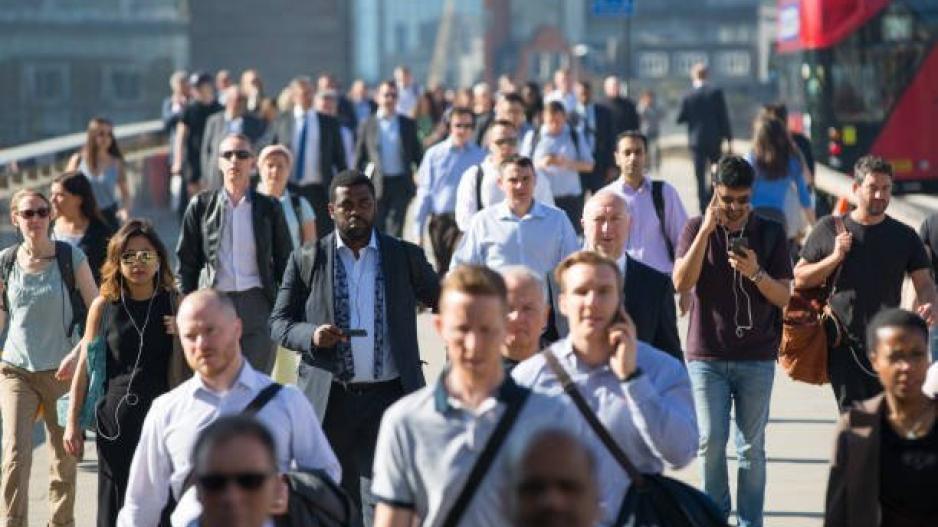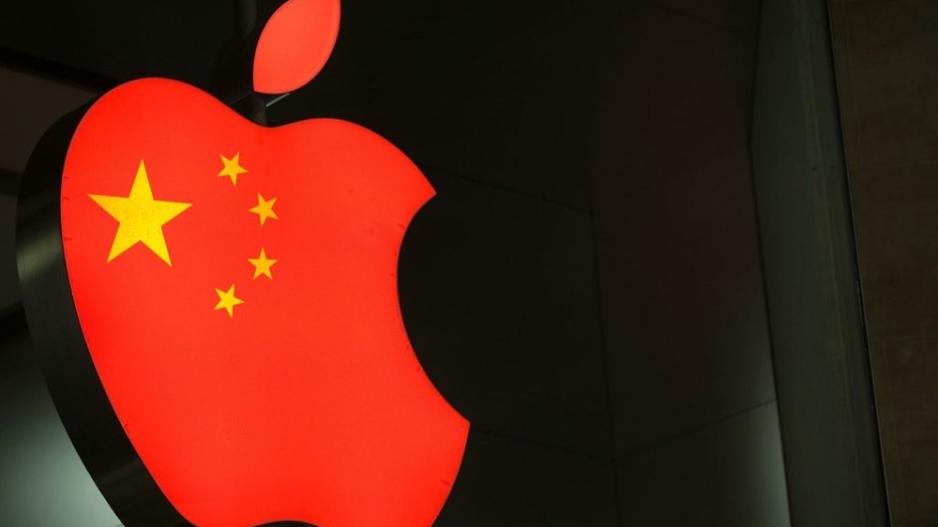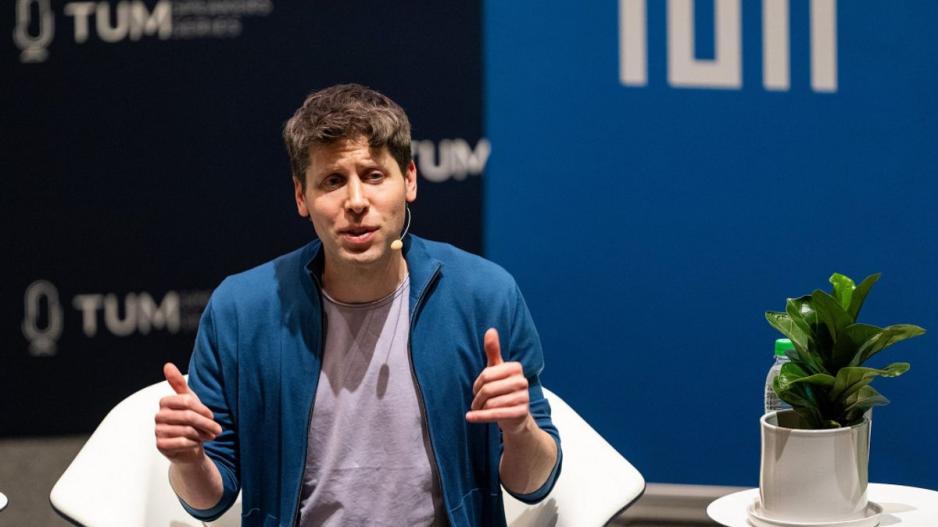G20 Urged to Revise Wealth Taxation, China Restricts Apple Devices, and Britain's Worst Decline in Living Standards since 1950s
Today's Top Business & Finance Stories Around the Globe
A comprehensive study from Germany has highlighted the untapped potential of older entrepreneurs, suggesting they bring more pioneering innovations to the business world than their younger peers. Researchers found that entrepreneurs above 50, drawing from their amassed skills and life experiences, are more inclined to introduce novel products and services, significantly boosting a country's economy.
This revelation was supported by data from "The Conversation," a non-profit media organization. They analyzed the profiles of 2,900 German entrepreneurs who founded companies between 2008 and 2017. Their findings indicated a 30% rise in innovation likelihood for every decade increase in an entrepreneur's age. This suggests that those nearing the end of their professional journeys are three times more likely to innovate than the average entrepreneur in their study. In monetary terms, for every additional decade in an entrepreneur's age, there was a correlating annual revenue increase of roughly 35,000 euros, derived primarily from these innovations.
However, it's crucial to note that younger entrepreneurs aren't dormant. They indeed introduce a plethora of ideas to the market, albeit these tend to be adaptations of existing concepts from other regions rather than fresh innovations. While they may be more connected globally, their contributions are often more about refining existing ideas than creating new ones.
Furthermore, the study shows that the key elements driving success among older businesspersons are not just their accumulated experience but also their strategic hiring practices and the capital they typically have on hand when starting a venture. The detailed analysis by "The Conversation" points out that individuals transitioning from salaried roles to entrepreneurship, particularly those in middle age, tend to recruit more educated and skilled staff.
This research suggests that the convergence of experience, capital, and strategic hiring creates a unique motivation for mature entrepreneurs. Not only does this drive their business success, but it also empowers them to introduce innovations that significantly influence market dynamics.

Recent findings reveal a disparity in the salary expectations between men and women, rooted partly in women's lack of self-confidence regarding their worth. The Federal Reserve Bank of New York's study illustrates that the average man would accept a new job offer with a minimum salary of $91,048 — $25,000 more than the average woman, who'd settle for $66,068 annually.
Laurie Chamberlin, the leader of LHH Recruitment Solutions under the Adecco Group, suggests that beyond monetary expectations, the disparity also lies in professional aspirations. Women tend to prioritize learning and personal growth, often seeking mentors within the company, whereas men focus on financial advancement and opportunities to increase earnings.
However, all's not lost. Experts believe that improving negotiation skills could be a game-changer. Even if a higher immediate salary is off the table, women can negotiate non-monetary benefits, such as flexible work schedules or professional development opportunities. This approach not only augments their present position but could also pave the way for future salary hikes.
Moreover, initiating a long-term financial plan early on might be another tool in women's arsenal. With a clear roadmap to financial security, women may find the confidence to assertively pursue and negotiate better salaries. This proactive approach could be pivotal in bridging the gender wage gap.

A recent study by the Resolution Foundation think-tank has warned that Britons are on the brink of witnessing the most severe drop in their living standards since the 1950s. The investigation indicates that in the upcoming months, families, especially those at the lower-income bracket, are poised to endure further income reductions. This is attributed to impending tax hikes, the cessation of living cost financial aids, and soaring housing expenses.
Moreover, the Bank of England's strategy to counteract inflation by increasing interest rates is taking a toll, resulting in escalating monthly mortgage costs. Despite signs of middle incomes outpacing price growth and diminishing inflation, the current trajectory suggests these positive indicators might not be enough to overturn the ongoing trend.
The research further highlights that by the fiscal year 2024-2025, income for a typical working-age British family is projected to be 4% less than it was half a decade ago. This bleak forecast poses potential challenges for the Conservatives, especially with the 2025 parliamentary elections looming. Historical data indicates that since the 1960s, no ruling party has managed to hold onto its majority amidst such stagnant income growth.
However, it's not all doom and gloom. The elderly and households with substantial savings stand to benefit from the rising interest rates, anticipating a surge in savings courtesy of attractive returns.
Separately, the British Chamber of Commerce, while acknowledging the UK's dodging of a full-blown recession, posits that the anticipated near-zero growth over the next three years means that for the majority of Britons and businesses, it might still feel like one. Vicky Price, the Chamber's economic consultant, emphasized the gravity of this economic landscape, underscoring its impact on businesses and individuals alike.

China has once again expressed its skepticism over foreign technology giants as it aims to further insulate its technology ecosystem. Recent reports suggest that China's growing reservations towards Apple have culminated in a restriction. Beijing has decided to prohibit its government officials from using iPhones and devices manufactured outside China.
This decision is part of a larger strategy. The Chinese administration is intensifying its efforts to disentangle itself from foreign technologies, citing national security concerns. While there's a current advisory against using iPhones for official tasks, a more stringent rule bars these officials from even bringing them to their workplaces.
This isn't China's first clampdown on foreign technology. Recalling 2014, China had issued similar restrictions, barring Apple devices from government facilities and sidelining the Windows 8 operating system from their government computers.
While the motive behind this move remains a topic of debate, many analysts infer that it might be a retaliatory gesture, given the U.S.'s past confrontations with notable Chinese tech firms, including HUAWEI and ZTE.

In a bid to boost its appeal to foreign investors, Indonesia has awarded its inaugural golden visa to Sam Altman, the CEO of OpenAI and the mastermind behind ChatGPT. This initiative underscores Southeast Asia's largest economy's push to lure prominent international figures to its shores.
Such visa recipients, including Altman, will be privy to several privileges. These range from expedited security checks at Indonesian airports and extended durations of stay, to streamlined entry and exit processes.
Designed to galvanize economic growth, this newly introduced visa caters to foreign individuals who anchor significant investments in Indonesia, permitting them to reside in the country for anywhere between five and ten years. As a point of reference, an investment of $350,000 in shares of local corporations, savings accounts, or state bonds would qualify an investor for a five-year residence.
However, details remain sparse about Altman's investment intentions in Indonesia, or whether his visit to Jakarta this past June, focused on discussing artificial intelligence, was in any way linked to the visa acquisition.

Pressure mounts on the G20 nations to reconsider taxation structures as a global coalition calls for increasing taxes on the world's richest citizens. This movement aims to revert tax rates to past levels, which many argue were more equitable and beneficial for society at large.
Over the past ten years, the net worth of billionaires has seen a significant surge, escalating from $5.6 trillion to an astonishing $11.8 trillion.
In a compelling open letter addressed to the G20, a diverse group of nearly 300 millionaires, economists, and political figures spanning almost all G20 nations has made a plea. They advocate for a renewed international consensus on wealth taxation to counteract the detrimental effects of extreme wealth on societal cohesion. The letter underscores a global sentiment, claiming that many are "desperate for change."
A remarkable array of signatories back this call, including Abigail Disney, philanthropist and Disney heiress; notable political figures from countries such as Romania, Croatia, Czech Republic, and Bulgaria; US political representatives Bernie Sanders and Brendan Boyle; and a collection of influential European parliamentarians, artists, and economists.
Morris Pearl, previously a Managing Director at BlackRock and currently the Chair of the Patriotic Millionaires, emphasized the ramifications of unchecked wealth disparity. He pointed to its role in economic instability, the surge of extremist political ideologies, and the erosion of social cohesion. Representing a group of affluent individuals, Pearl passionately appealed to the G20, stating, "Tax us."
The open letter also presented an array of tax-related data:
- Over the past decade, individuals with assets exceeding $50m have experienced an 18.3% wealth growth, while billionaires have seen their fortunes swell by 109%.
- Wealth taxes contribute merely 4 cents for every tax dollar.
- Post-2020, an overwhelming two-thirds of new wealth has been cornered by the top 1%. The fortunes of billionaires are growing at a daily rate of $2.7bn.
- For each dollar gained by someone in the bottom 90%, a billionaire accumulates $1.7m.
- Surprisingly, half of the world's millionaires will sidestep inheritance tax, bequeathing a tax-free $5 trillion to their successors.
- The average tax imposed on the wealthiest individuals has declined from 58% in 1980 to 42% in OECD nations.
- Capital gains tax, which is often the primary income source for the elite 1%, averages at 18% across over 100 countries.
- Historically, in the prosperous years of the 1950s-60s, the US levied a top marginal rate of federal income tax at 91%. Furthermore, inheritance tax stood at 77% until 1975, with corporate tax rates exceeding 50%.






